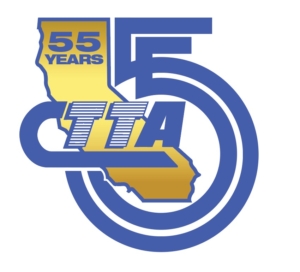WORLD CLASS TRAINING
- WORLD CLASS TRAINING – As we always say, a trained driver is an effective and productive driver. California Tow Truck Association offers incredible training opportunities through the Emergency Road Service Coalition of America (ERSCA) platform at discounted rates for our members.
- Intro to Towing – Excellent online entry level training for new operators onboarding/orientation.
- Essentials of Standard Duty Towing & Recovery – Outstanding training program for all drivers who operate any towing or service unit under 26,000 lbs. Meets the TSAAC/CHP requirements for Operators working with the motoring public under the direction of the California Highway Patrol along with local law enforcement agencies and many of the motor clubs.
- Electric Vehicles – New for 2024. No prerequisite however those who have taken Essentials of Standard Duty Towing & Recovery and have a current certificate, this will qualify as continuing education and will be issued a certificate that meets the TSAAC/CHP requirements.
- Advanced Winch & Rigging Safety for Standard Duty – New for 2024. No prerequisite however those who have taken Essentials of Standard Duty Towing & Recovery and have a current certificate, this will qualify as continuing education and will be issued a certificate that meets the TSAAC/CHP requirements.
- Essentials of Heavy Duty Towing & Recovery – For operators who operate towing units above 26,000 GVW. Commercial License or Permit are the only prerequisite requirements. Meets the TSAAC/CHP requirements for Operators working with the motoring public under the direction of the California Highway Patrol along with local law enforcement agencies and many of the motor clubs.
- Advanced Winch & Rigging Safety for Heavy Duty – New for 2024. Commercial License or Permit is the only prerequisite requirements. Operators who have taken Essentials of Heavy-Duty Towing & Recovery and have a current certificate, this will qualify as continuing education and will be issued a certificate that meets the TSAAC/CHP requirements.
- Electronic Certificates – for all training events that meet the TSAAC/CHP requirements. These certificates are QR code protected so the receiver can verify the issuance and expiration can be validated.
Our training platform along with additional information is located at the Emergency Road Service Coalition of America (ERSCA) Website – www.ersca.org.
